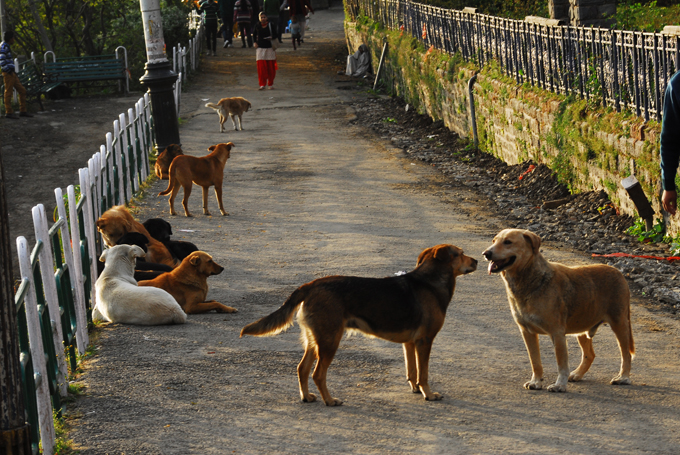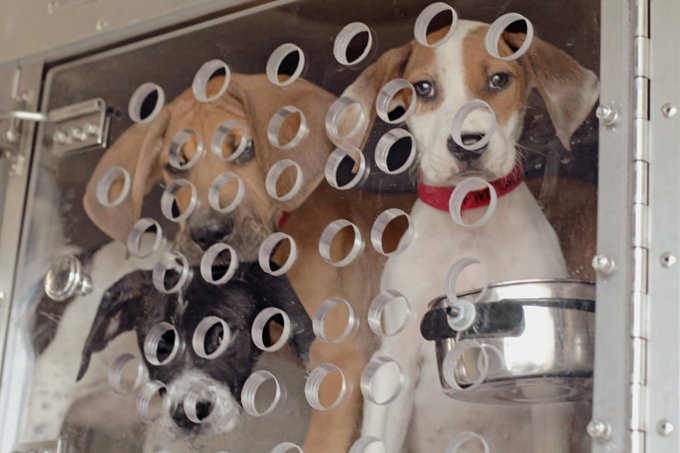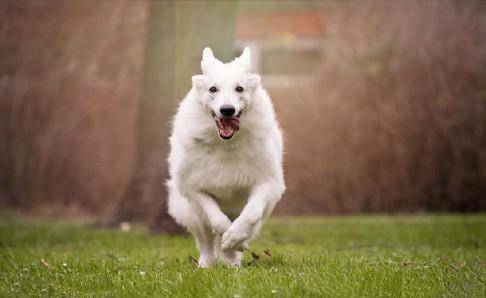Dr. Michael Goode is a veterinarian whose previous job was euthanizing stray dogs. Today, he is able to save thousands of people. His great heart led him to a great idea.
According to the American Society for the Prevention of Cruelty to Animals, “approximately 670,000 dogs are euthanized each year.” As horrible as this sounds, this number is much lower than it used to be. Education about adopting animals instead of buying them from breeders is really helpful.
Most dogs are still purchased from breeders. The American Society for the Prevention of Cruelty to Animals (ASPCA) confirms that 34% of dogs in the United States come from breeders and 20% are adopted from friends or family.
Surprisingly, the data varies widely from state to state. In Georgia, where Dr. Michael Goode practices, there are far more dogs in shelters.
“The tradition in the South is to let dogs do whatever they want. Dr. Goode says the streets and backyards are littered with the fruits of this philosophy. In the greater Atlanta area, he says, “more than 100,000 homeless pets are euthanized each year.”
In the Midwest and Northeast, it’s a completely different story. The waiting lists at shelters were full of families ready to adopt. When Dr. Goode made this discovery, he came up with the brilliant idea of.
Find stray dogs from the south and bring them to where they are needed. Supply? Meet the demand!
He named his foundation the Underhound Railroad, a name he respectfully borrowed from the famous Underground Railroad. “The Underground Railroad was a network of secret lines and safe houses used by abolitionists in the 19th century to transport enslaved people to free states.
Dr. Goode’s transport operation is not as simple as throwing a dog in a car and driving it to Maine. The foundation handles everything from rescuing dogs from irresponsible or overwhelmed owners to catching strays on the street and bringing them in for checkups, treatment and evaluations. He has specialized trucks that can safely transport dogs hundreds of miles.
In fact, as of 2016, Underhound Railroad has rescued 15,000 dogs.
Today, animal shelter transportation is a common practice, and in most cases, it’s a good thing. a state has a growing demand for stray dogs, and they need to be transported to b state. Shelters and citizens alike need to pay to transport these animals. But it takes a lot of work and a lot of precautions.
Dogs must be treated before transportation. Many of the dogs treated by the good doctor have heartworm or microvirus. Their injuries are not always obvious. They need proper care before relocation.
One sick dog can infect an entire shelter, an entire dog park or neighborhood. It’s a good idea to be notified in advance before adopting a shelter dog. Where did he or she come from? Has your future pet been evaluated and treated? In 2016, the New York Post (NY Post) focused on the Northeast’s rescue transportation problems and the highly contagious fine virus: the
In 2016, the New York Post (NY Post) focused on the Northeast’s rescue transportation problems and the highly contagious fine virus: the
“If one infected puppy is placed in a vehicle with a dozen healthy puppies and then driven for eight to 12 hours in close proximity, all of those dogs can not only be exposed, but the next batch of dogs traveling can be in the same vehicle, and batch treated.”
Common sense exercises are important, especially when the decisions and actions you make are emotional. Life and Death Decisions.
How do we ameliorate a horrible situation if we try to save one dog from euthanasia, only to infect and possibly kill more dogs as a result?
That’s why Dr. Michael Good and the Underhound Railroad make this guarantee: “We don’t just transport these pets, we provide them with veterinary care to make sure they’re healthy, ready to travel, and to join their new families when they arrive.”
This foundation brings these animals to sanctuaries in the Midwest and Northeast so they can love their homes.
Dr. Michael Good also founded the Homeless Pet Club, which involves school-age children in animal rescue, and Operation Hound, which brings veterinarians and pets together.

